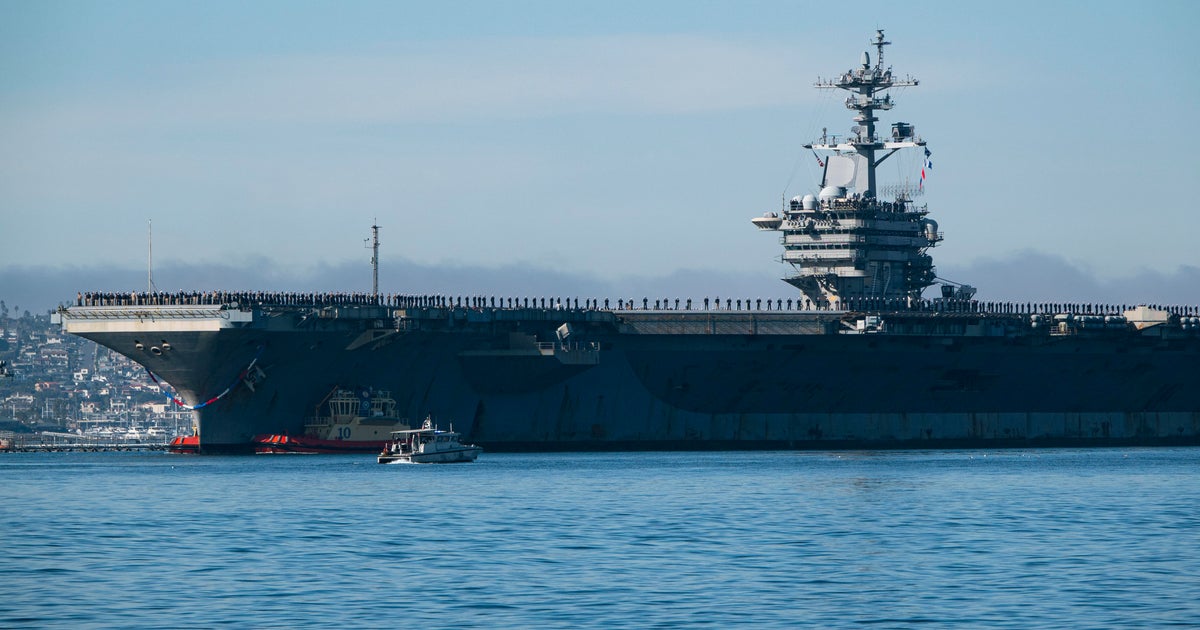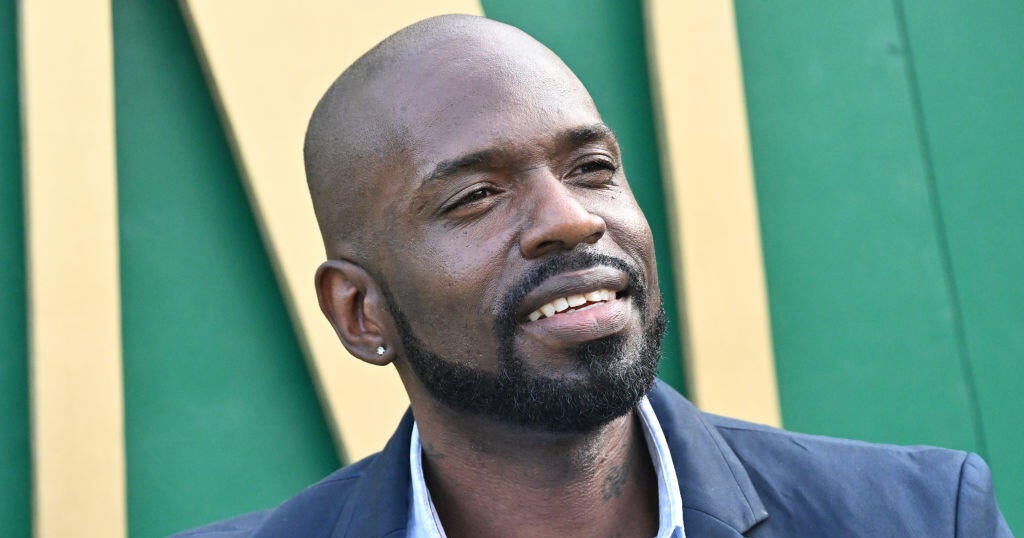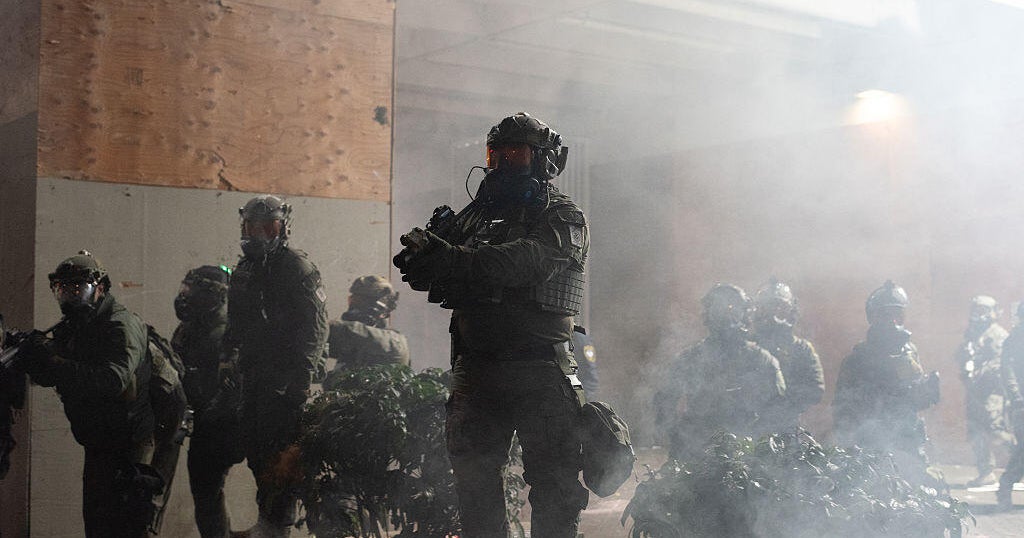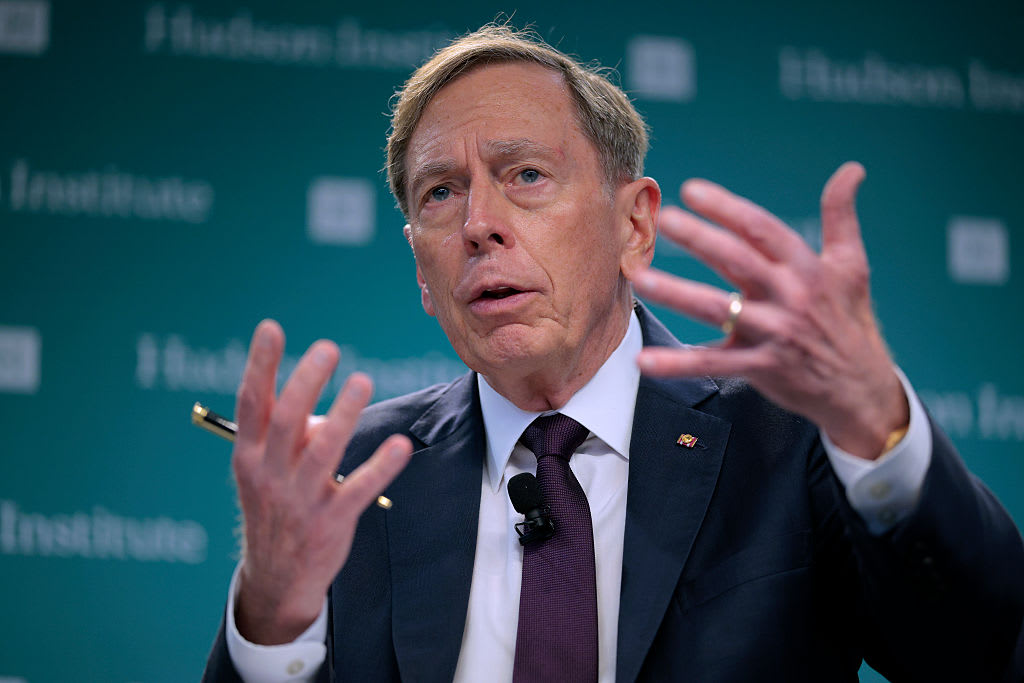U.S. Envoy to Venezuela Elliott Abrams says his history with Iran-Contra isn’t an issue
With reporting by Christina Ruffini
Elliott Abrams, the newly appointed special envoy overseeing policy toward Venezuela, said that his entanglement in the Iran-Contra scandal is not an issue in his current position. Abrams pleaded guilty to two misdemeanor counts of withholding information from Congress about secret efforts to aid the Nicaraguan rebels in 1991 but was pardoned by President George H.W. Bush the following year.
"I don't think it's an issue," Abrams told reporters Wednesday, adding that no one he had spoken to in the region believed it was a problem. "We are not focused on the events of the 1980s. We are focused on the events of 2019." Abrams was the deputy national security adviser in the George W. Bush administration and an assistant secretary of state in the Reagan administration.
President Trump recognized the chief opposition leader in Venezuela, National Assembly President Juan Guaidó, as the country's legitimate interim president last week. Guaidó, who leads the opposition-controlled national assembly, declared himself the country's acting president and denounced the repressive government of President Nicolás Maduro. U.S. Secretary of State Mike Pompeo said Thursday that the U.S. supports the opposition and pledged $20 million in humanitarian aid.
The U.S., along with Canada, the European Union, the Organization of American States and an alliance of over a dozen Latin American nations, have dropped their relations with the Maduro government, while Russia, China, Mexico, and Cuba have stood firm on their relations.
Abrams was appointed to assist with Venezuela policy on Friday. The Trump administration slapped sanctions on Venezuela's state-run oil company on Monday in an attempt to block Maduro from using the country's oil wealth to keep propping up his regime and cracking down on his opponents.
"We tried to carve out sanctions in a way that would hurt the Maduro regime rather than the people of Venezuela," Abrams told reporters on Tuesday.
Abrams said the U.S. was also focused on ensuring the safety of Americans in Venezuela, including at the embassy. He also discussed the security of Guiadó.
"The regime has not acted against him in some time and I hope that is because they recognize that the has the support of the vast majority of Venezuelans," Abrams said.
The State Department has warned Americans not to travel to Venezuela because of "crime, civil unrest, poor health infrastructure, and arbitrary arrest and detention of U.S. citizens."
The country's Supreme Court on Tuesday barred Guaidó from leaving Venezuela and ordered a freeze on his financial assets. Chief Justice Maikel Moreno said the court was initiating a "preliminary investigation" and the "precautionary measures" against Guaidó were designed to "safeguard the country's integrity."
Asked about the likelihood of sending American troops to the region, Abrams said reporters would have to ask national security adviser John Bolton.
Bolton held a legal pad in a White House press briefing Monday with the words "5,000 troops to Colombia" written on it. Colombia borders Venezuela. Asked for comment on Bolton's note, a White House spokesperson replied, "As the president has said, all options are on the table."
Camilo Montoya-Galvez contributed reporting



